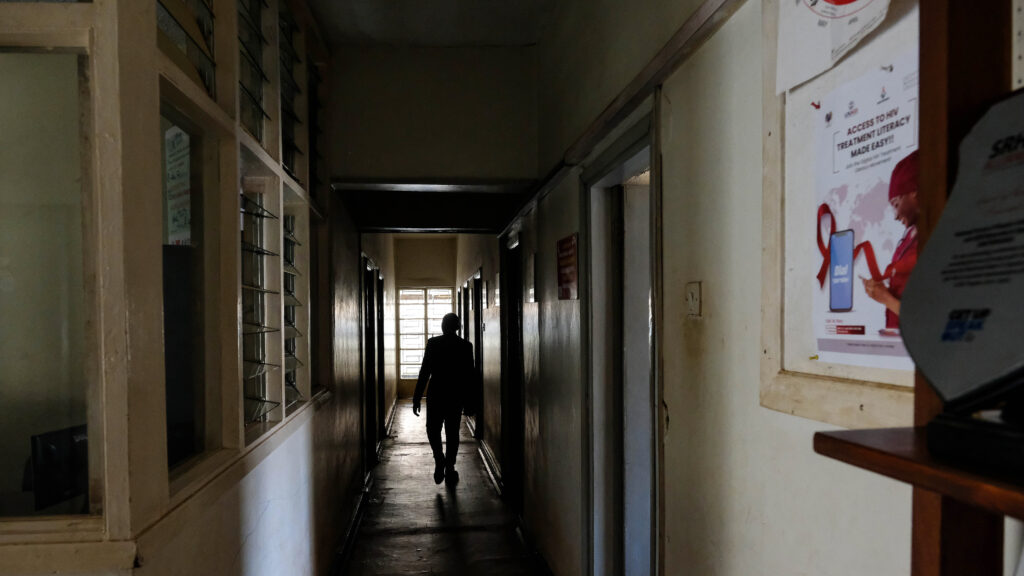Impact of U.S. Funding Cuts on Health Workers in Johannesburg
For eight years, Ntombi, employed by a health organization in Johannesburg, supported caregivers in educating their HIV-positive children about their condition. She ensured these children adhered to their medication regimens that controlled the virus and personally visited them at home to provide food and financial assistance.
However, one day in late January, she was abruptly instructed to cease her work without any opportunity to explain the situation to her patients or find them alternative care. This was a consequence of a directive from the Trump administration mandating an immediate halt to foreign aid programs pending a review.
Now, when driving past her former clinic, Ntombi witnesses the very patients she used to assist waiting in long lines. Previously, caregivers had dedicated providers to help them without delays. Feedback from clinic staff indicates that patients have been inquiring about the absence of her and her colleagues, with some caregivers refraining from bringing their children in for appointments due to the disruption of care.
“It truly hurts me,” expressed Ntombi, who preferred to remain anonymous. “Knowing they feel abandoned and that they may be seen by someone unfamiliar with their history is painful. It’s as if we’ve just disappeared.”
Since the Trump administration initiated the dismantling of U.S. foreign aid early in its tenure, initially framed as a temporary freeze, it has led to widespread cancellations of foreign aid contracts. While significant attention has been drawn to the effects on patients, including anticipated rises in infections and fatalities from diseases such as tuberculosis and HIV, the abrupt job losses for health workers like Ntombi have also had dire consequences, especially in sub-Saharan Africa.
Many health workers, who often served as primary breadwinners for their families, now face financial instability. They have invested deeply in their careers, including advanced training and education, only to now be left searching for new opportunities. “I poured my heart into public health and HIV prevention,” said Jimmy Ssengendo, a former HIV program worker in Uganda. “These funding cuts have disrupted my financial foundation.”
Although the Trump administration justified the cuts, asserting they do not align with national interests and are fraught with corruption, many health workers do not blame the U.S. for wanting to reduce its international aid. They expressed their hope that their own countries would increase support but criticized the sudden implementation of these cuts as particularly damaging to both patients and their own livelihoods.



